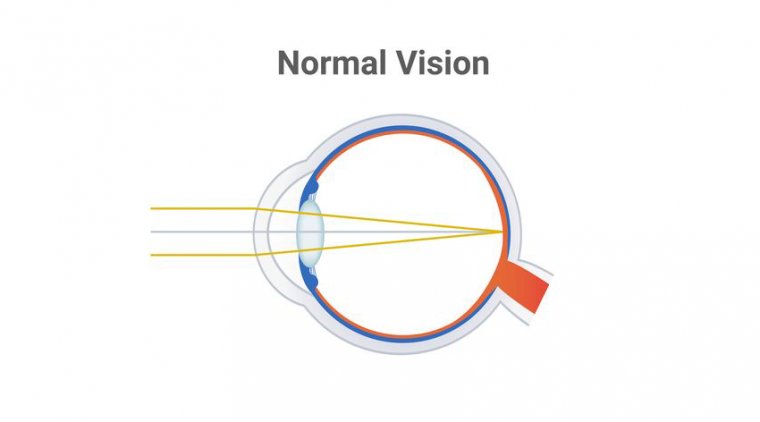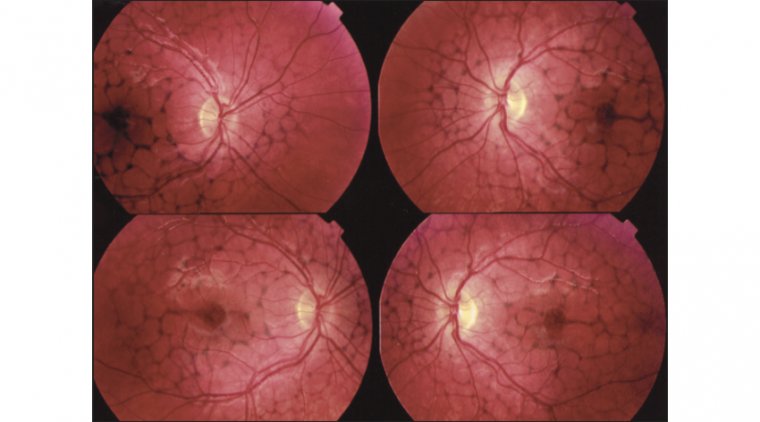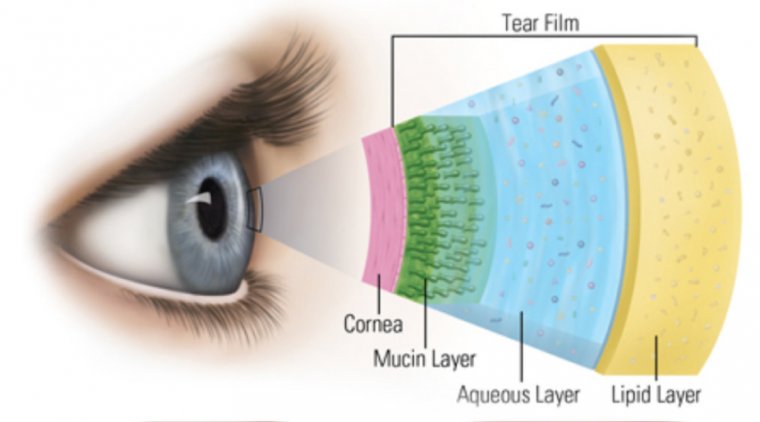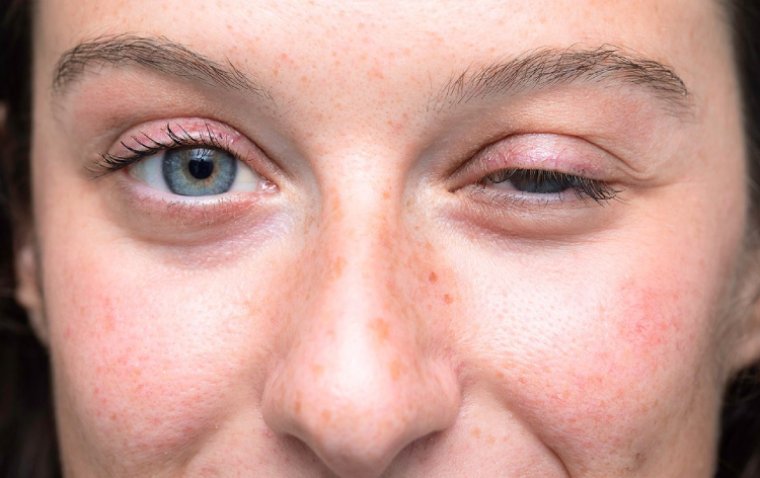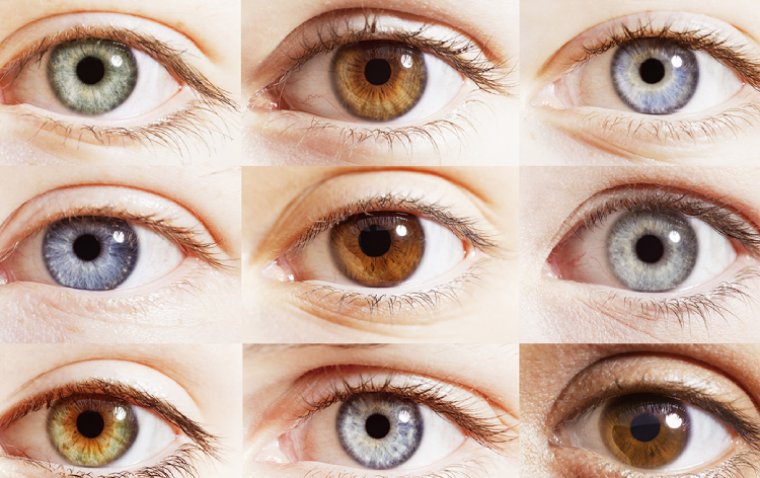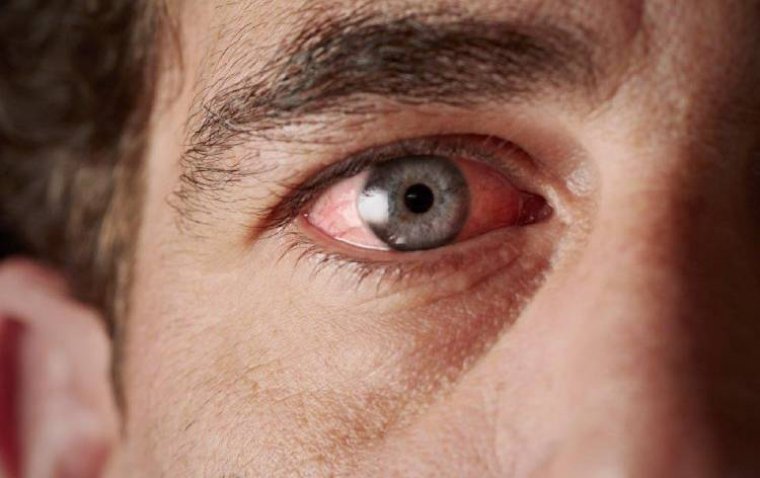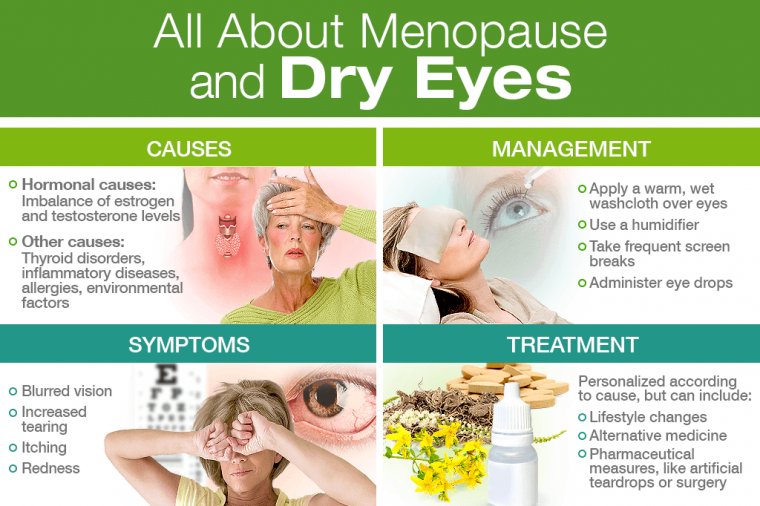
Can Birth Control Affect Eyesight?
Birth control is a widely used method of preventing pregnancy, but like all medications, it can have side effects. One of the potential side effects of birth control is visual disturbances, which can include a variety of symptoms related to the eyes or vision.
Most Common Visual Side Effects from Birth Control
● Blurred vision: This is a common side effect of birth control pills, and can be caused by hormonal changes that affect the fluid in the eyes. Blurred vision may be temporary and mild, or it may be more severe and persistent.
● Light sensitivity: Some women who take birth control pills may experience increased sensitivity to light, which can cause discomfort or pain in the eyes.
● Headaches and migraines: Birth control pills can also cause headaches and migraines, which can be associated with visual disturbances such as auras, blind spots, or even temporary vision loss.
● Eyelid changes: Some women may experience changes in the skin or shape of their eyelids, including puffiness or drooping of the upper eyelid.
● Dry eyes: Hormonal changes caused by birth control pills can lead to dry eyes, which can cause discomfort, itching, and even temporary vision loss.
It's important to note that these side effects are generally rare, and most women who use birth control pills do not experience visual disturbances.
Can Birth Control Pills Cause Blindness?
There is limited research on whether the birth control pill can cause blindness.
A small number of studies have suggested a possible link between the birth control pill and an increased risk of vision loss or blindness. One such study, published in the Journal of Clinical Endocrinology & Metabolism in 2003, found that women who used the contraceptive injection Depo-Provera were more likely to develop a condition called optic neuropathy, which can cause blindness. However, Depo-Provera is not a birth control pill and it is not a common method of birth control.
A study published in the Journal of Obstetrics and Gynaecology in 2017, found that oral contraceptive use was not associated with an increased risk of age-related macular degeneration (AMD) which is a leading cause of blindness in older adults. Additionally, another study published in BMJ in 2020 also found no significant association between oral contraceptive use and age-related macular degeneration.
It is important to note that the majority of studies have not found any significant association between birth control pills and vision loss or blindness. Additionally, many factors such as genetics, high blood pressure, diabetes, smoking, and other medical conditions can cause vision loss or blindness, so it is difficult to establish a causal relationship between birth control pills and blindness.
It's also worth noting that birth control pills have been used for decades by many women, and during this time there have been no widespread reports of vision loss or blindness associated with their use.
It is important to consult with your healthcare provider about the risks and benefits of any form of birth control you are considering. They can help determine the cause of your symptoms and recommend appropriate treatment, which might include switching to a different type of birth control or adjusting your dosage. In some cases, additional medical treatment may be required, such as an eye exam or a referral to a specialist.
Conclusion
While some studies have suggested a possible link between certain types of birth control and an increased risk of vision loss or blindness, the majority of studies have not found any significant association between birth control pills and vision loss or blindness. Additionally, the risk of blindness associated with birth control pills is considered to be very low, and the decision to use birth control should be made in consultation with a healthcare provider.
(1).jpg)
